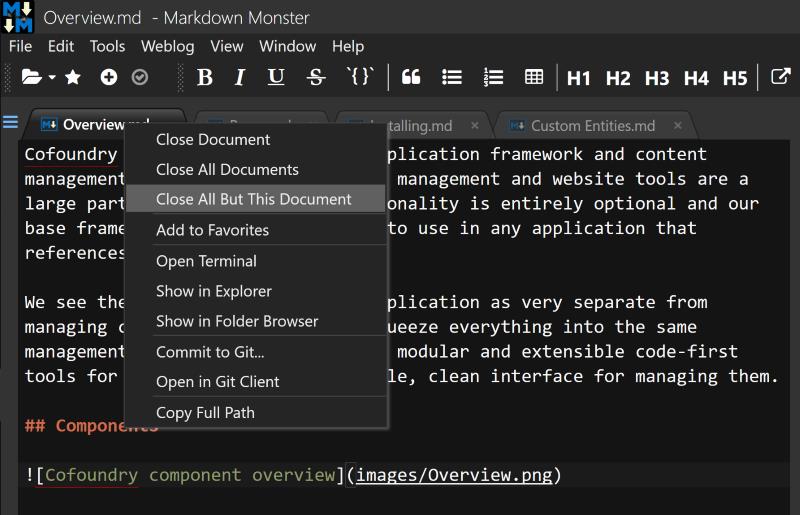

Traffic characteristics and needs of your network. The types of applications used and the traffic patterns on your network. Example: Table Map Configuration to Retain CoS Markingsīefore configuring standard QoS, you must have a thorough understanding of these items:.Examples: Table Map Marking Configuration.Examples: Dual-Rate Three-Color Policing Configuration.Examples: Single-Rate Two-Color Policing Configuration.Examples: Policing Action Configuration.Examples: Average Rate Shaping Configuration.Examples: Classification for Voice and Video.Examples: Hierarchical Policy Configuration.Examples: Classification by DSCP or Precedence Values.

Examples: VLAN ID Layer 2 Classification.Examples: Class of Service DSCP Classification.Examples: Class of Service Layer 2 Classification.Examples: Classification by Access Control Lists.Configuring Egress Queue Characteristics.Configuring QoS Features and Functionality.Classifying, Policing, and Marking Traffic on SVIs by Using Policy Maps.Classifying, Policing, and Marking Traffic on Physical Ports by Using Policy Maps.Attaching a Traffic Policy to an Interface.Port Security on a Trusted Boundary for Cisco IP Phones.Classification Based on Information that is Device Specific.Classification Based on Layer 3 or Layer 4 Header.Classification Based on Information That is Propagated with the Packet.End-to-End QoS Solution Using Classification.Supported QoS Features for Wired Access.


 0 kommentar(er)
0 kommentar(er)
